15+ Sample Market Research Business Plan
-

Market Research Business Plan Template
download now -
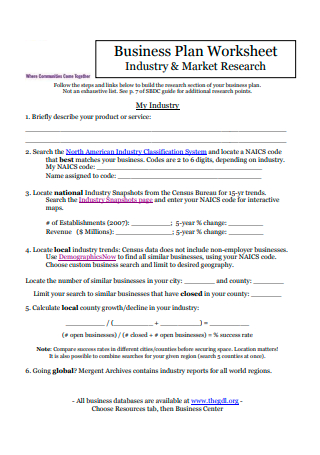
Market Research Business Plan Worksheet
download now -
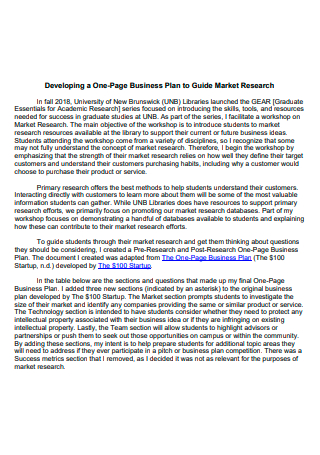
Market Research One Page Business Plan
download now -
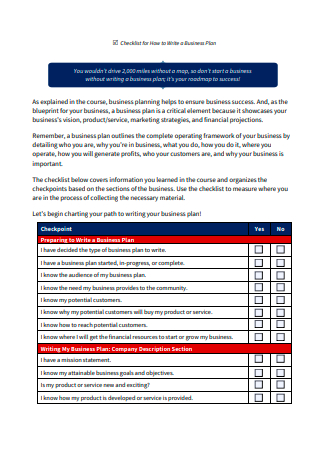
Market Research Business Plan Checklist
download now -
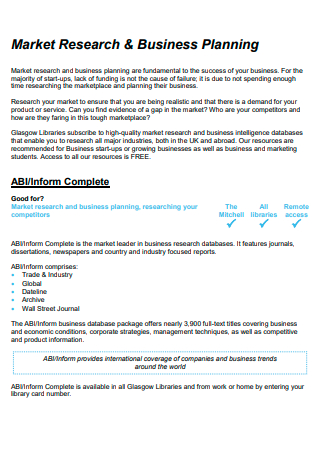
Standard Market Research Business Planning
download now -
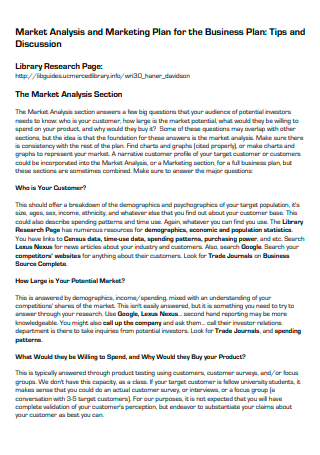
Market Research Business Plan in PDF
download now -
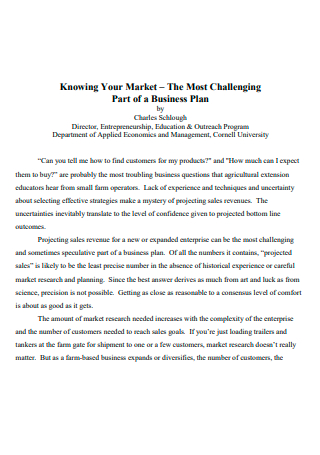
Printable Market Research Business Plan
download now -
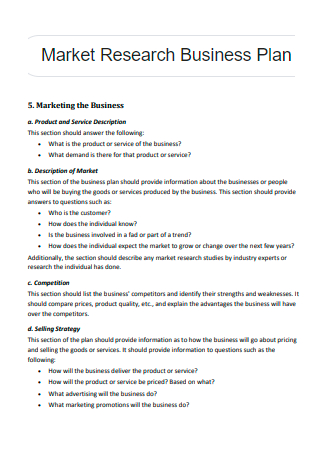
Basic Market Research Business Plan
download now -
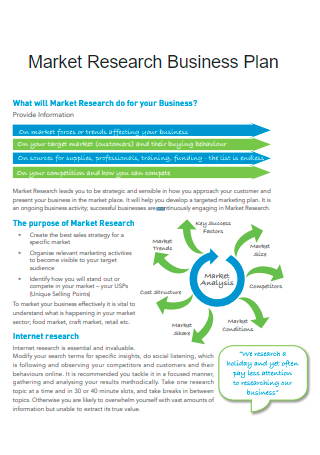
Market Research Business Plan Example
download now -
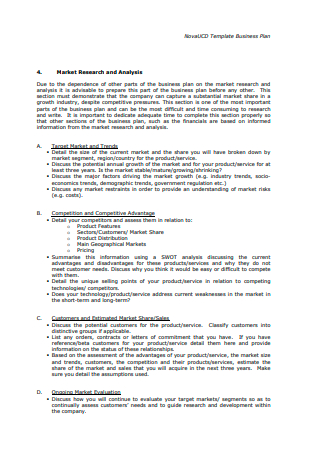
Market Research and Analysis Business Plan
download now -
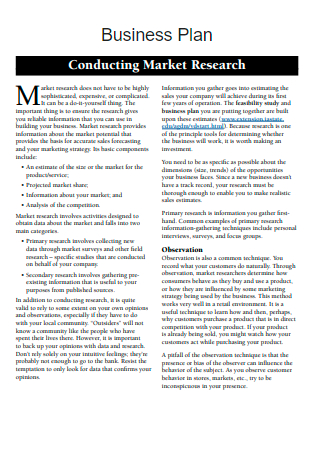
Sample Market Research Business Plan
download now -
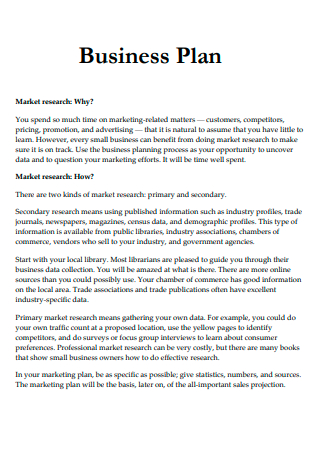
Formal Market Research Business Plan
download now -
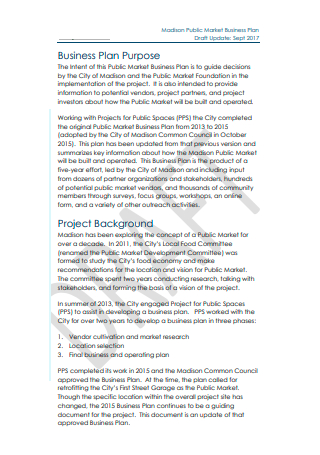
Draft Market Research Business Plan
download now -
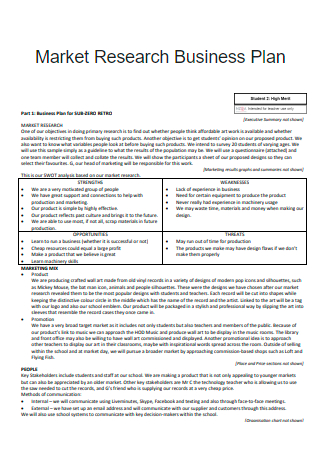
Simple Market Research Business Plan
download now -
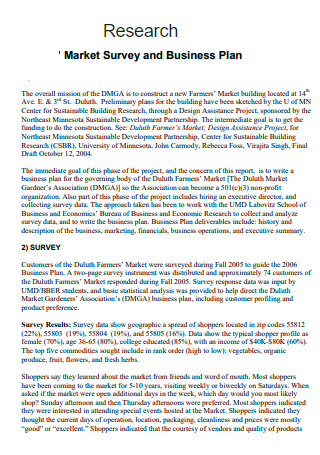
Market Survey Research Business Plan
download now -
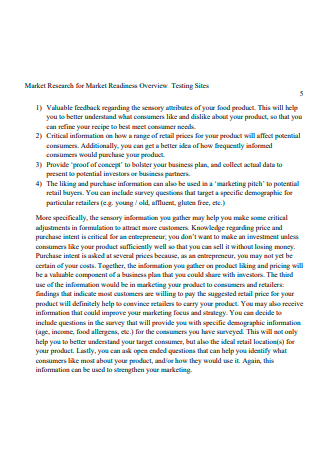
Market Research Testing Sites Business Plan
download now
FREE Market Research Business Plan s to Download
15+ Sample Market Research Business Plan
a Market Research?
Benefits of Market Research
Tips in Doing a Market Research
How To Conduct Marketing Research
FAQs
What marketing strategy do you have in place?
Which sort of marketing research is the most effective?
Is it necessary for me to pay for market research?
What Is a Market Research?
Market research is the process of accumulating data on your prospective clients. It assists you in defining your consumer personas, target market, and business viability by answering questions such as – Who are they? How do their purchasing and shopping habits differ? How many do you think there are? By examining your ideal customer’s challenges, needs, and existing solutions, you can improve your product, service, and overall strategy. According to statistics, market research is one of the areas of our industry that the rise of digital marketing has disproportionately harmed. Also, according to Google Trends, global interest in market research has decreased by roughly 80% since 2004.
Benefits of Market Research
Market research is a service that may assist any business, service provider, individual, or organization in making more informed decisions. The more research a corporation incorporates into its strategic goals, the more prepared it is to deal with the changing environment in which it operates. The following is a summary of the primary benefits of marketing research:
Tips in Doing a Market Research
First, you must gather your resources and data to correct the figures. Let’s look at how you can conduct market research on various themes for your market analysis section. They are as follows:
How To Conduct Marketing Research
Market research takes time and a lot of research to do and write. It’s not something you can make in a day. Follow the seven market research steps below to lead you through your market assessment journey.
-
1. Determine the study’s objective
Businesses perform market research for a variety of reasons. They can evaluate company risks, resolve challenges, or create opportunities. You can use historical data to help mitigate future hazards. Also, review previous triumphs to determine what you should continue to do in the future. Before initiating the analysis, determine if the market research will be conducted for internal or external goals. Internal purposes include enhancing cash flow and optimizing business operations. External drives may consist of convincing lenders to lend you money for your firm. Analyses are a vital component of any small business plan. It demonstrates to lenders that you understand your industry inside and out and that your business has development potential. The type of research you undertake differs according to the aim of your analysis. For instance, suppose you undertake an internal study. Since this is for internal purposes, you will likely not require as much data as you would for an external drive. Before beginning your research, choose if it will be internal, external, or a combination of the two.
2. Consider the outlook for your industry.
Outline the current status of your industry in your analysis. Include information about the industry’s future direction based on measures such as size, trends, and predicted growth. Ascertain that you have appropriate data to support your arguments. This section demonstrates to investors and lenders that you’ve conducted due diligence on the industry in which your business operates. Additionally, it will show whether your enterprise is worth their time and money.
3. Identify prospective customers
The reality is that not everyone will become a customer. However, this is acceptable! When conducting a market analysis, it is necessary to ascertain your target clients. This stage of the process is referred to as market research. You must have a thorough understanding of your customers and their origins. Your research should provide a detailed portrait of your prospective clients. Once you’ve identified your target market, determine their needs, interests, personalities, and demographics. Also, consider developing client personas based on your data. Numerous firms have a variety of consumer personas. After compiling the attributes of many clients, create distinct personas to reflect your average customers. Defining your target market enables you to cater to prospective clients and needs more effectively. Your potential clients may evolve or alter as your firm expands. Revisit your target market periodically to ensure they fit your firm well.
4. Contrast yourself to your competitors
To do a thorough market analysis, you must first understand your competition. Additionally, you must understand who your rivals are attempting to target. Take the time to investigate what alternative firms exist. Consider your competition’s offerings, location, target market, and market disadvantages. Create a list of your primary competitors. What does their enterprise possess that yours does not? Why would a customer choose one of your competitors over yours? Are they a danger to your business? After outlining your competitors’ strengths, weaknesses, opportunities, and threats, rank them in order of increasing risk. Then, determine the advantages and marketing position of your startup.
5. Compile extra data and analyze your findings
When doing market research, information is your biggest ally. The more data you collect and possess, the stronger your firm will be. Your data should be objective, practical, and factual. You should substantiate your research and make good judgments based on accurate data. After conducting market research, it’s time to evaluate your findings. Arrange all of your research and divide it into distinct sections. Include sections describing your objective, your target market, and your competition. You will also be able to forecast other aspects of your organization based on your studies, such as your cash flow process, gross margin, and client purchasing behaviors.
6. Implement your analysis
While conducting a market analysis may appear onerous, your firm will thank you later. True, you’ll spend a significant amount of time conducting marketing analysis. However, it is well worth the effort. Don’t allow all that time and effort to go to waste. Implement your analysis. Internally, consider applying your results to help you better your business. Utilize your research to determine whether you can improve the efficiency of any of your business operations. If you analyzed external objectives, be prepared to discuss your findings and conclusions with lenders. Don’t simply put your analysis in a box and set it aside for “later.” Revisit your market study periodically to make necessary adjustments.
FAQs
What marketing strategy do you have in place?
The marketing strategy drafts how a business will promote its items to clients. The plan specifies the target market, the brand’s or product’s value proposition, the campaigns launched, and the metrics used to measure the efficacy of marketing initiatives.
Which sort of marketing research is the most effective?
Quantitative research is the best method for gauging public opinion. If an in-depth study of perceptions is required, qualitative research is ideal. Qualitative research reveals the conscious or unconscious ways individuals think and reach judgments about a subject. According to studies, market research is one of the sectors of our industry that the rise of digital marketing has disproportionately harmed. Additionally, according to Google Trends, global interest in market research has decreased by roughly 80% since 2004. Regrettably, Kantar may be the finest brand in a fading category. According to research, the most effective marketing strategies are those that are targeted at a specific audience, focused on key benefits relevant to the audience’s point of view and interests, and delivered at the optimal time – when the audience is most receptive to and interested in the message being delivered.
Is it necessary for me to pay for market research?
A corporate audience will always be more expensive than a consumer audience since they are challenging to discover and reach. When conducting B2B market research, you are paying for the skills or experience of the researcher in the sector being researched. If you survey a person, you must compensate the participant for their time and travel expenses.
A well-written market research business plan can help you avoid costly errors early in your organization’s life. However, it should remain a core technology you employ when confronted with critical business decisions, development possibilities, or to confirm your market awareness. Has this article prompted you to consider the value and use of a market research business plan? If you feel like creating one, I am rooting for you!
